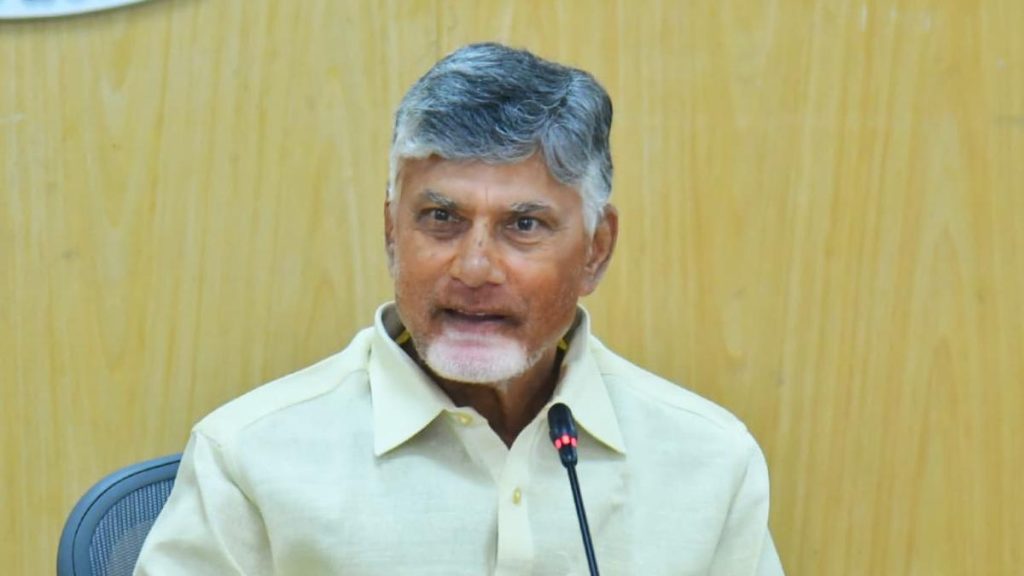Now Reading: Why Our Brains Are Wired for Ideology
-
01
Why Our Brains Are Wired for Ideology
Why Our Brains Are Wired for Ideology

Rapid Summary:
- Book Overview: Leor Zmigrod, a political neuroscientist, explores the neurobiological foundations of ideological thinking in her book The Ideological Brain: The Radical Science of Flexible Thinking.
- Research Insights: her research focuses on how ideologies impact human cognition, emotions, and adaptability. Ideologies provide seemingly predictable frameworks but can constrain elastic thought and interpersonal connection.
- Key Experiments: Studies show neurobiological differences between ideological groups; for example, American conservatives have larger amygdalae (linked to processing fear/threat), while those resistant to ideology are highly cognitively flexible.
- Behavioral Observations: People with dogmatic beliefs exhibit slower evidence integration even in simple perceptual tasks, mirroring their rigid ideological decision-making process.
- Cognitive Flexibility as Resilience: Creativity and flexibility in thinking predict intellectual humility and resistance to dogmatic ideologies irrespective of intelligence levels.
- Genetic Factors: Dopamine distribution affects cognitive rigidity or flexibility. Certain genetic profiles correlate with susceptibility to rigid thinking but are not deterministic.
Image Notes:
!Read More
Indian Opinion Analysis:
The intersection of neuroscience and ideology explored by Leor Zmigrod is relevant for India’s multicultural democracy. With its vast socio-political diversity-spanning religion, caste affiliations, regional identities-understanding the psychological roots behind ideological commitment could guide efforts toward promoting inclusivity and debate.
India’s continued engagement with identity politics highlights the risks posed by extreme divides engendered by rigid thought patterns that impair mutual understanding across communities. Cognitive flexibility emerges as a critical attribute for fostering dialog amidst polarizing narratives within factions such as political parties or civic movements.Zmigrod’s findings offer non-partisan insights applicable globally: while creative adaptability shields against extremism’s appeal, stress can narrow minds-a lesson particularly vital during times like election cycles or civil unrest when socio-political tensions run high locally.
maintaining platforms for authentic exchange alongside institutional efforts encouraging educational discourse may strengthen resilience against divisive ideologies-a goal aligning closely with India’s constitutional aspirations toward equality and pluralism.
























